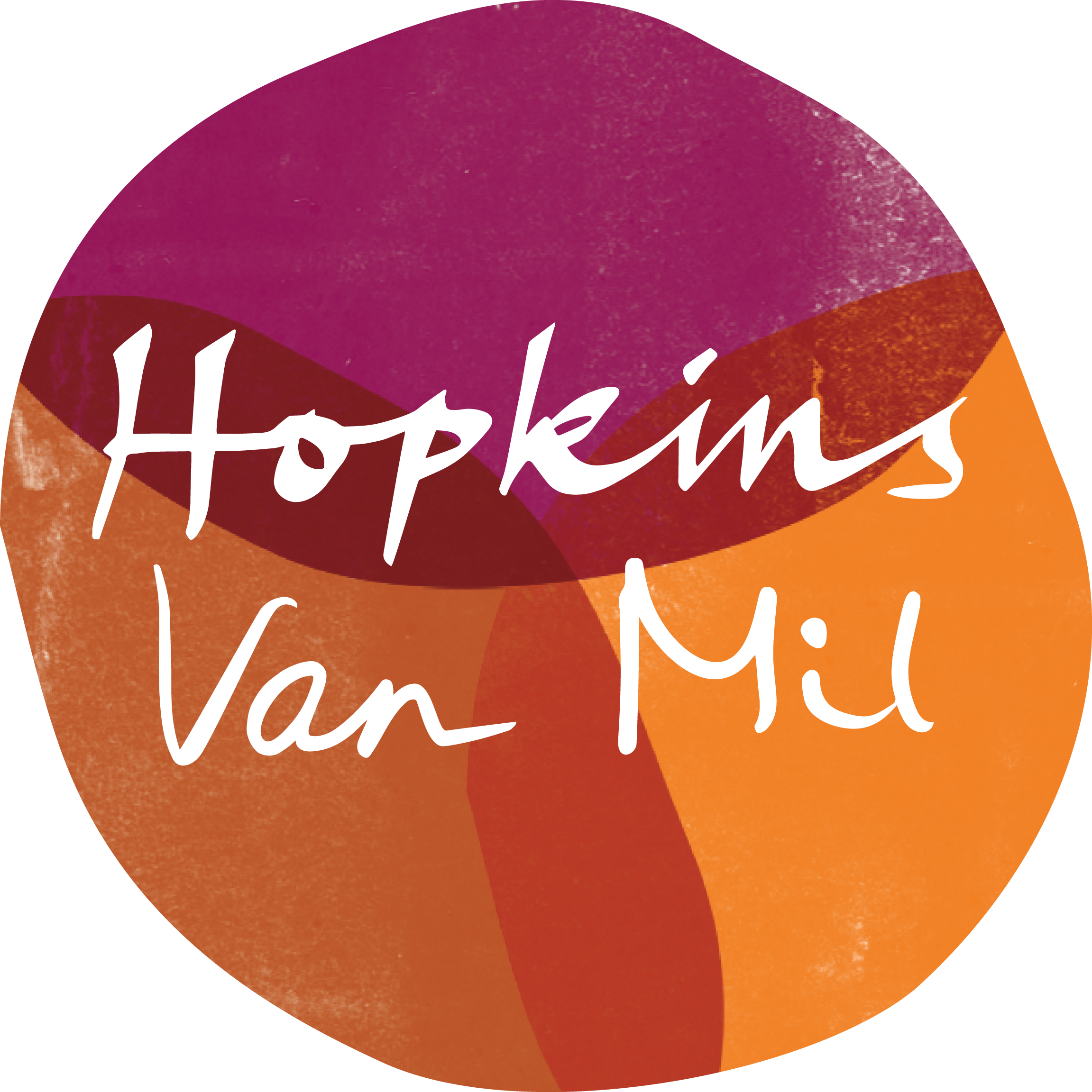The Spectrum 10K consultation
The Spectrum 10K consultation is now closed. Thank you for sharing your views and opinions.
January 2024: Update from the Spectrum 10K research team
The Spectrum 10K team would like to thank everyone who has engaged with the study and this consultation so far. We are aware that our consultation participants have generously given us a tremendous amount of their time and energy to discuss issues that are deeply personal and important to them, and we are very grateful.
This valuable two year process with our consultation partners Hopkins Van Mil has resulted in contributions from over 500 people. The rich, detailed and thoughtful feedback we have received has given us much to reflect on and learn from since the consultation closed in the summer. We are now in the process of collating our responses to the consultation feedback and recommendations to explain what we have learnt, the changes we will make in how we conduct research studies and how and why we want to continue to engage with the autism community in a meaningful way. We are aware that our consultation participants, and the autism community more broadly, are awaiting this information and we would like to ask for your patience while we finish this process. The full independent report and our response will be published on both the Hopkin Van Mil website and the Spectrum 10K website in due course.
The consultation included a survey, webinars and drop-in sessions. The survey ran from the beginning of March 2023 until 31st May giving consultees 2.5 months to respond.
In addition five webinars were held. The webinars were an opportunity to ask the Spectrum 10K researchers questions about the study. The webinars covered the following topics:
Webinar 1: Aims of the study, Wednesday 10th May 12:30-2pm
Webinar 2: Ethics and values, Monday 15th May 12:30-2pm
Webinar 3: Inclusion of those who can’t consent, Wednesday 17th May 2:30-4pm
Webinar 4: Data collection and management, Wednesday 24th May 11:30am-1pm
Webinar 5: Any other topics about improving or changing the Spectrum 10K study, Wednesday 24th May 1:30-3pm
Transcripts from the webinars can be read by clicking on the topic title for each of the sessions above (in orange). These transcripts are based on audio recordings of the Q&A from each webinar. The only edits that have been made to them are to remove filler words (for example ‘um’) and repeat words. Occasionally, footnotes have been added to include clarifications provided by Spectrum 10K after the webinar.
Hopkins Van Mil and Leneh Buckle also hosted drop-in sessions on the same topics. These were an opportunity to discuss aspects of the Spectrum 10K study in addition to attending the webinars or responding to the survey.
Background to the consultation and what has happened so far
Who is running the Spectrum 10K consultation?
The Spectrum 10K consultation is being co-led by:
Hopkins Van Mil (HVM), which is an independent facilitation agency
Leneh Buckle, who is an autistic researcher working on a freelance basis for Hopkins Van Mil, and
Spectrum 10K
To the right of this page is a 4 minute film clip from the consultation co-leads. This gives information on who they are and why they are involved.
You can read HVM’s data protection policy here and ethical policy here.
What was the purpose of the consultation?
The purpose of the consultation is to improve Spectrum 10K, address concerns, and and make changes to the study based mainly on what autistic people say. Changes will also based on the opinions of others with an interest in improving the study, including family members and those who work with or for autistic people.
What has happened so far?
The Spectrum 10K consultation process began at the end of 2021. It had three phases:
Phase 1: deciding who should be involved in co-designing the consultation - report available here
Phase 2: co-designing the consultation - report available here and in Easy Read here
Phase 3: the consultation - the report will be available later in the year.
Where will I find information about Spectrum 10K
Comments and questions have been received about Spectrum 10K, from those who gave them when the study was paused, and from those who took part as co-designers of the consultation. These are summarised below.
Spectrum 10K has responded to those comments and questions in a document called Spectrum 10K Themes and Responses to Questions. This is available in full here. It is a long document with 13 themes and 66 answers to questions. We were asked by the co-designers of the consultation to break long documents up into shorter documents to make them easier to read. Because the full themes and questions is a long document we have broken it into shorter documents under each of the heading documents below.
Don’t forget if you want to see everything that Spectrum 10K has said for all the themes and questions go to the full document here.
